Sapiens: A Brief History of Humankind
Summary:
100,000 years ago, at least six human species inhabited the earth. Today there is just one. Us. Homo sapiens.
How did our species succeed in the battle for dominance? Why did our foraging ancestors come together to create cities and kingdoms? How did we come to believe in gods, nations and human rights; to trust money, books and laws; and to be enslaved by bureaucracy, timetables and consumerism? And what will our world be like in the millennia to come?
In Sapiens, Dr Yuval Noah Harari spans the whole of human history, from the very first humans to walk the earth to the radical – and sometimes devastating – breakthroughs of the Cognitive, Agricultural and Scientific Revolutions. Drawing on insights from biology, anthropology, paleontology and economics, he explores how the currents of history have shaped our human societies, the animals and plants around us, and even our personalities. Have we become happier as history has unfolded? Can we ever free our behaviour from the heritage of our ancestors? And what, if anything, can we do to influence the course of the centuries to come.
Bold, wide-ranging and provocative, Sapiens challenges everything we thought we knew about being human: our thoughts, our actions, our power ... and our future. (Summary and cover courtesy of goodreads.com)
Review:
The beginning of this book comes out with a pop and was highly enjoyable. Herari does a fact-based analysis discussing the development and rise of our species, which highlighted a few aspects I hadn’t realized previously. Then we move to the Agricultural Revolution and at that point it seems that we drop the scholarly, fact-based research, and switch to personal perspective. I wouldn’t mind it so much if the blend of fact and opinion were clearly delineated throughout the book, but the convolution became highly distracting for me.
From there on out, the book slowed down a lot and became a bit of a slog. I know this read has become highly popular, but I think there are other books that cover similar topics that are better. “A Short History of Nearly Everything” is one that is broader, but I loved.
Rating: 3 stars!
Who should read it? Those who want to know what all the fuss is about, but I wouldn’t be afraid to put it down if you find yourself slowing down.


